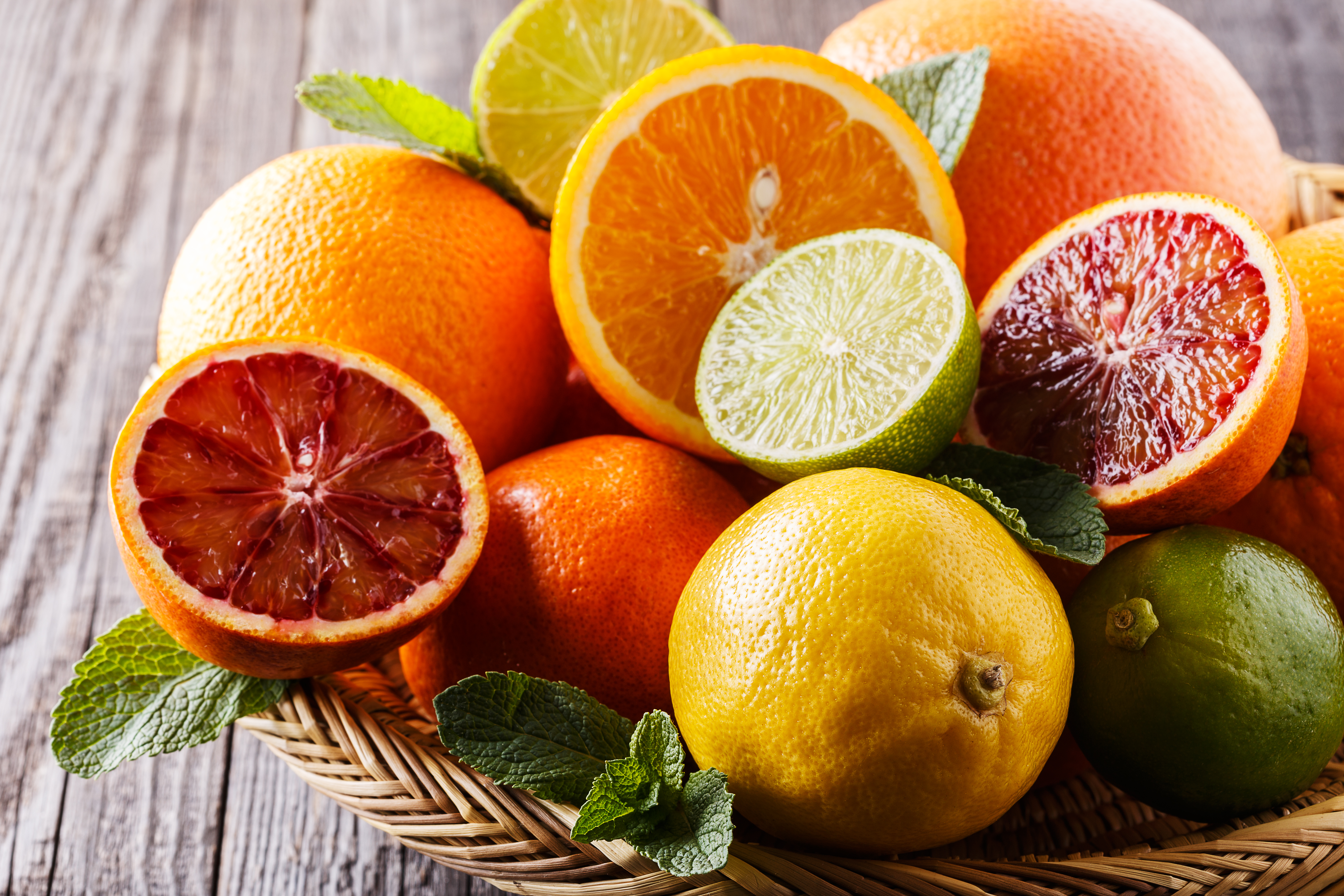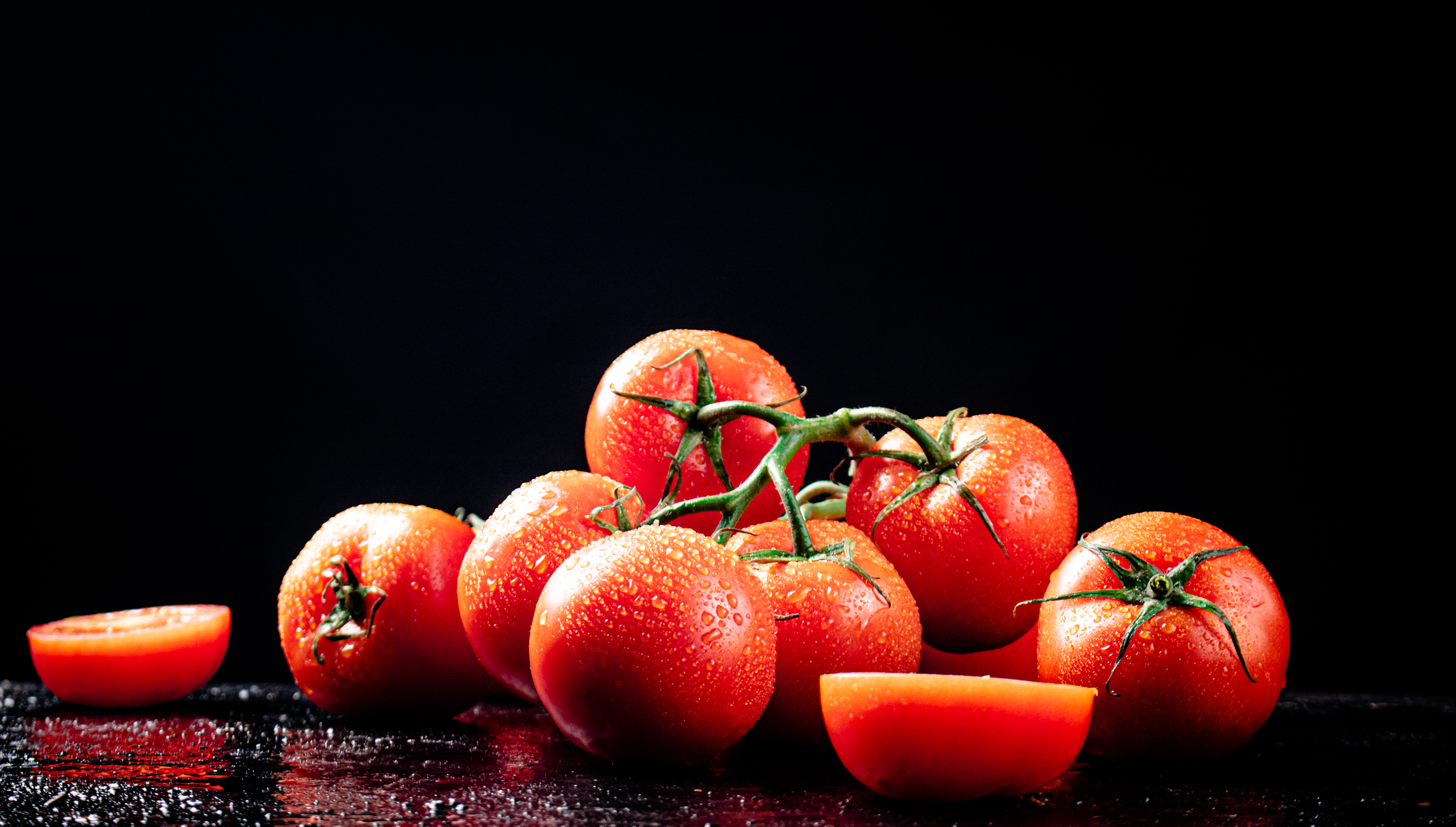Common Foods That Could Be Worsening Your Acid Reflux
That uncomfortable burn after a meal isn’t just inconvenient—it’s your body’s way of waving a red flag. And while spicy food and stress get all the blame, the truth is far more sneaky: many common foods you eat without a second thought could be fueling your acid reflux. From “healthy” choices like citrus and yogurt to go-to snacks and trendy beverages, your symptoms might be triggered by what you least expect. That’s why we’ve expanded our guide — a revealing look at the overlooked offenders that could be keeping you stuck in the cycle of discomfort. Let’s dig in—carefully.
1. Citrus Fruits: Balancing Acidity and Nutritional Benefits

Citrus fruits, known for their vibrant flavors and high vitamin C content, are a staple in many diets. However, their high acidity can trigger acid reflux symptoms in susceptible individuals. Oranges, grapefruits, lemons, and limes, while nutritious, can irritate the esophagus, leading to discomfort. The acidic nature of these fruits can lower the pH level in the stomach, prompting acid reflux episodes. Despite their potential to aggravate symptoms, citrus fruits offer numerous health benefits, including immune support and antioxidant properties. The challenge lies in balancing their consumption to harness their benefits without exacerbating acid reflux. To mitigate the impact of citrus fruits on acid reflux, consider moderation and timing.
2. Tomatoes: Navigating the Acidic Terrain

Tomatoes, a versatile and beloved ingredient in many cuisines, are another food that can exacerbate acid reflux symptoms. Their natural acidity, combined with the presence of citric and malic acids, can irritate the esophagus and trigger heartburn. From fresh tomatoes to sauces and juices, this fruit is a common component in various dishes, making it a frequent contributor to acid reflux episodes. Despite their acidity, tomatoes are rich in vitamins A and C, potassium, and lycopene, an antioxidant linked to numerous health benefits. The challenge is to enjoy tomatoes without compromising digestive comfort.
